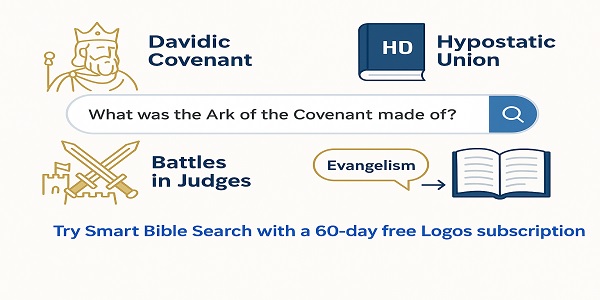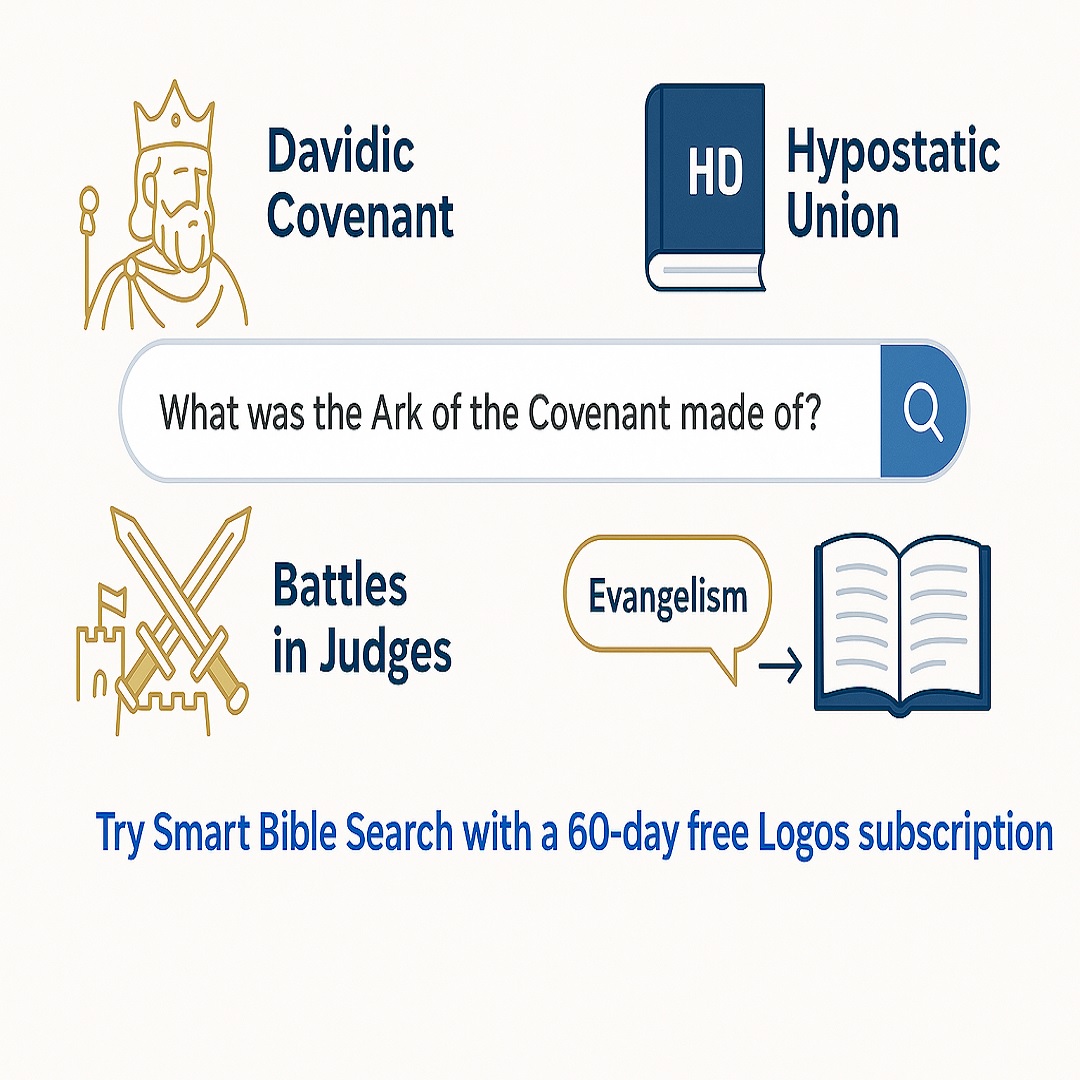I have a problem, theologically, with delving into the past of my life and seeking forgiveness. When I was a younger Christian, in fact when I was younger period, I had a lot to do with Para church organizations.
It was a big thing back then, to set aside time to deliberately search through one’s memories to see what things you had done wrong. Then, set about sending letters or making contact in some way with someone so that you could set it right.
Theoretically, the concept is a good one and it is still promoted widely. The idea is that by confronting your past and confessing sin from one’s past you are humbled and thus become open to the Holy Spirit.
Over time I came to realize that this idea comes with two big floors.
1. It is Hard To Be Humble
The first is that, too often, the humility that it was intended to produce, produced the very opposite. I need to emphasise here that this did not occur all the time but often enough to be disturbing. Most people practising this concept were more arrogant. Maintained a sense of spiritual superiority about what they were doing. Instead of being a channel of the Holy Spirit, they became a barrier to working together. The idea only works if you can remain humble. Being aware that you were the perpetrator and approaching the one you perpetrated against does not make you superior in any way.
What’s more, I was not immune. I can’t help wondering how many I turned away from God at that time, rather than toward.
The irony is that I find people are more inclined to come to Jesus through floored people than they are through the spiritually superior. I don’t mean people who openly flaunt their sin, I mean those who are aware they don’t meet the standard but continue to walk the journey.
I also realize that this is the sort of character that this method was intended to produce. Instead, it produces too many who think they have “made it”. The exact opposite that is intended.
2. A Road To Depression
The second of these floors is that there are others who, when they delve into their past, end up going down the path of condemnation. Instead of being released, many people spiral down into depression because the state of their life becomes overwhelming and they can see no way out.
Prayer Counseling
Prayer counselling has become very popular. But in the wrong hands, it becomes a disaster. I accept that by saying this I could get pelted with virtual stones because this method of counselling has some very avid fans. But that doesn’t change the fact that prayer counselling has been a complete failure for not too few.
More than that the avid fans can be scathing to anybody who doesn’t succeed. In the sense that they try to justify the method by condemning the person being counselled and failing, as not doing it properly. Or worse telling them that their salvation in Jesus is under threat.
The Facts, All Too Often Missed
To begin with, when I first came to Jesus all my sins were forgiven. If my sins are forgiven by God who else can condemn me? This is clearly outlined in Romans chapter 8.
As well as my sins being already completely forgiven, I don’t find any scriptural reference for searching your past for sins gone by. Now I am open to any reference that people want to give me. I will happily go away and examine them and come back and discuss them. If I haven’t already looked at them. But just at the moment, I am at a loss to scripturally justify the belief that as Christians we should delve into our past to find things that we should seek forgiveness for.
Zacchaeus
The story of Zacchaeus is often touted as an example of how we should delve into our past. Making restitution for the things we have done wrong. Zacchaeus says, “I will give half my belongings to the poor and if I cheated anyone, I will pay him back four times as much.
The use of the “if” in the statement is very interesting. Some have used it to justify the idea that we should look into our past and make recompense. But the reality is that we have no idea what he meant by this “if”. Was he going to look into his accounts and see if he had cheated anyone? Or did he reimburse times 4 anyone who came to him and could show that they had been cheated?
To assume that he was going to look into his books is not necessarily valid. Mind you I think that we would all prefer to think that the tax man would do such a thing to our tax returns. More than that we would hope that someone who had been converted would want to make some sort of restoration to show that the conversion was genuine.
But nowhere in the text or any other text that I am aware of, does Jesus or the author, indicate that anything but the immediately obvious should be dealt with, to show genuine conversion. Nor is there anything, that I am aware of, that would indicate that our relationship with God is altered by anything but the immediately obvious.
Arrogance And Pride
In contrast, the dangers of a theology of delving into the past are arrogance and pride. Because of a sense of superiority; a sense that one is better than others because one has done this delving; a sense of condemnation because one cannot face or come to terms with the past; a distortion of one’s understanding of humility; a belief that this is right because it is supported by certain schools of modern psychology and psychiatry.
Having said all that, it is clear, that some people have gained considerably from this kind of delving. Especially when it has been done in a controlled way. From this, I conclude that sometimes, when things are not going as well as they should with our lives, we need help identifying the source of the problem. Scripture does tell us to:
“Therefore confess your sins to one another, and pray for one another, so that you may be healed. The effective prayer of a righteous person accomplishes much”
W. Hall Harris III et al., eds., The Lexham English Bible (Bellingham, WA: Lexham Press, 2012), Jas 5:16.
But I see no reason why this should lead us to believe that we have to agonize over our lives to make spiritual progress. It also must not promote the things that I have mentioned above.
AA 12 Steps
Some may point to the 12 steps of Alcoholics Anonymous (AA), as proof that this kind of thing works. Even though AA is a diest organisation, not a Christian organisation it certainly has had an impact on millions of lives.
However, even these 12 steps do not promote endlessly delving into the past: steps 7 – 9 state:
7. Made a list of all persons we had harmed, and became willing to make amends to them all.
8. Made direct amends to such people wherever possible, except when to do so would injure them or others.
9. Continued to take personal inventory and when we were wrong promptly admitted it.
Modifying statements like “wherever possible” and “except when to do so would injure them or others”, is no carte blanche deconstruction of one’s life.
The Serenity Prayer
Even the Serenity Prayer, common to most if not all AA type and related groups, has modifiers.
God, grant me the serenity to accept the things I cannot change,
the courage to change the things I can,
and the wisdom to know the difference.
The Preferred Option
I must therefore conclude that the preferred option scripturally is that we approach our sins as we become aware of them. We should not go searching for them. Unless there is some indicator that things are not right where we are. As with AA.
In other words, seek to solve the immediate problem do not create one. I do need to say that sometimes this requires some very skilled handling. We all need to be humble enough to accept that some things are beyond us. Most times all that is needed is a good friend, colleague or pastor to talk to. Not someone who has done a 10-week course.
For there is now no condemnation for them in Christ Jesus. For the law of the spirit has made me free from the law of sin and death. Rom. 8: 1-2.
Fairdinkum
Richard



 Search The Bible the way you have always wanted to.
Search The Bible the way you have always wanted to. The most complete Bible study Platform. Start you Free trial Now!
The most complete Bible study Platform. Start you Free trial Now!



